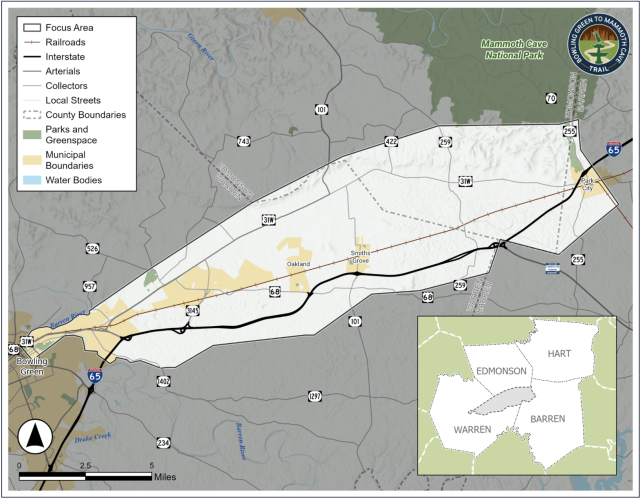Regional diesel program makes top rankings nationwide
Published 9:08 am Thursday, March 27, 2025

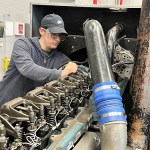
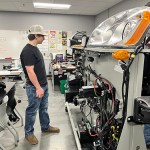
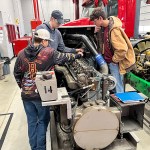

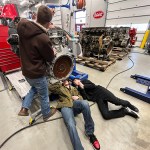
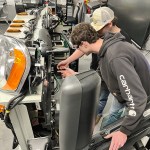
BY DAVID MAMARIL HOROWITZ
david.horowitz@bgdailynews.com
A leading commercial transportation industry giant has ranked Barren County Area Technology Center’s (BCATC) diesel program for high school students regionwide 16th out of 318 diesel programs nationwide on the total industry-regulated certifications students earned.
The company, Daimler Truck North America, awarded cutting-edge simulators expected to bolster the BCATC program – which beat out diesel programs across institutions from trade schools to colleges to tech centers.
“It shows what the kids are capable of doing,” said Shawn Gray, the program teacher.
The top-20 ranking earned the program an electrical system simulator, a full diesel truck simulator and an air disk brake simulator. These are cutting-edge technologies; the electrical system simulator, for example, is essentially a truck’s internal electrical system without its shell.
“A piece of equipment might cost $15,000, $30,000 – makes it hard (to afford) – but the students are, through their hard work, able to help get it,” Gray said.
Students, he added, can see they earned them.
“Students can read about diesel mechanics in a textbook, or they can learn from the ‘real deal’ by working directly with the equipment used in today’s diesel market,” Gray said in a statement. “These simulators give our students an incredible opportunity to gain hands-on experience with the same technology they’ll see in the workforce.”
Gray added that the program’s high ranking gives him an opportunity to make more contacts in the industry and help him work toward creating scholarships.
It’s the latest gain for the program, which serves 30 students at high schools across Metcalf, Caverna, Hart County, Glasgow and Barren County at the BCATC, Gray said.
It focuses on fixing medium to heavy-duty class 4 through class 8 trucks – which primarily have diesel engines, Gray said. While diesel is the program’s focus, instruction – spanning more than 35 hours a week – also covers multiple facets of the trucks: electrical, mechanical, steering, suspension, brake systems, and so on, Gray added.
“Before I began taking classes in the diesel program, I didn’t know anything about diesel trucks, but the hands-on experience with the simulators has changed all of that,” program student Isaiah Adwell said. “I’ve gained knowledge and confidence.”
From food, to groceries, to fuel, to overnight shipping, to Amazon logistics, to UPS and far more – all of that has to be moved, one way or another, Gray said, and demand is high in the region.
After two semesters, students can choose which certifications they want to focus on.
“What we mostly concentrate on is trying to get them a foundation (…) that they can build on,” Gray said. “So, if they decide to go work for other industries, they can graduate from that. But there’s multiple, different fields, and therefore there’s multiple specialties – so, you can have an understanding, but you don’t really get the full gambit until you go into the field of your choice.”
Students are able to earn up to five apprentice-level certifications that cover various parameters of working on a class 4 through class 8 truck, certified by the professional certification group the National Institute for Automotive Service Excellence.
“Think about it like you got your house: You have a kitchen, you have a utility room, you have a dining room,” Gray said. “Each of them has a purpose, but they still are part of the same house.”
Now in his third year teaching for the program, Gray – who’s worked numerous jobs over more than two decades in the industry – has spent the past several years reorganizing and updating the program to push more industry standards.
This semester, the program launched a second pathway, outside of ASE – one for obtaining a commercial driver’s license (CDL) permit. Most technicians who work on the trucks need to drive them, Gray said.
Gray hopes that with community support, the program can obtain a grant to fund a simulator that enables students to simulate driving a truck while accumulating hours that go toward certification.
“The area that we’re in – Bowling Green, Nashville, Louisville, Glasgow, this area of the United States – is a major shipping hub,” he said. “Diesel trucks (are) a major component of the shipping industry.”










